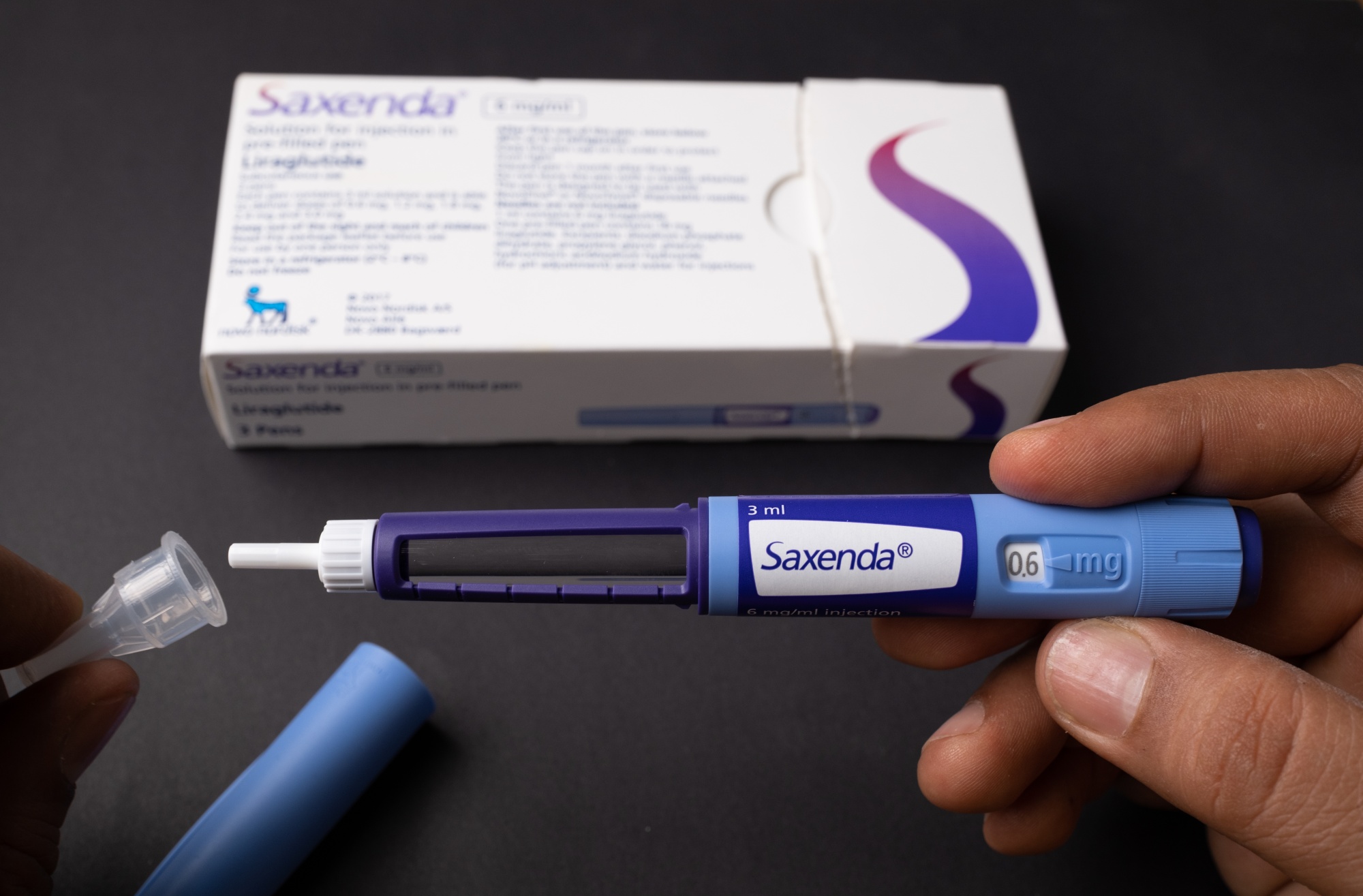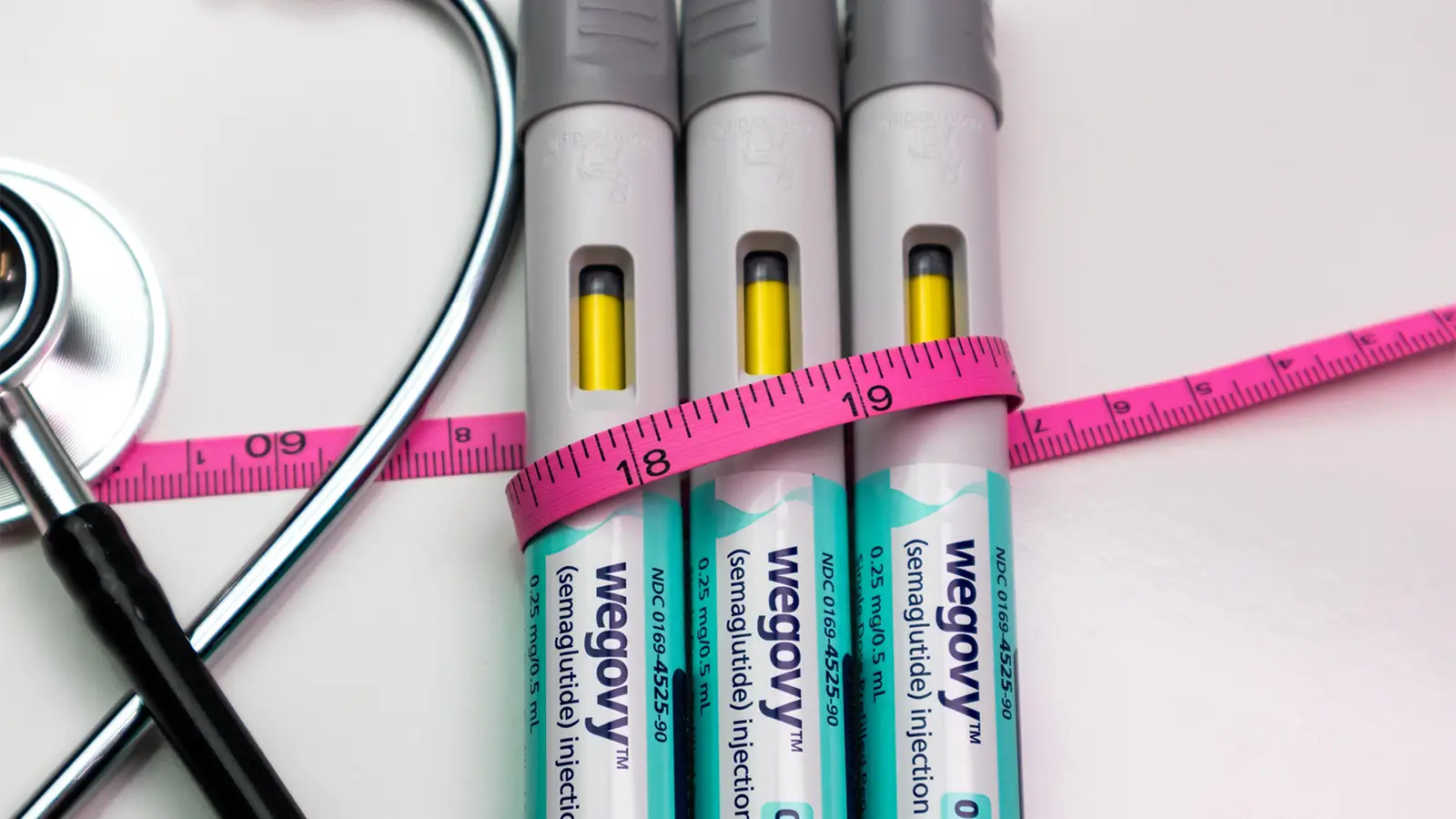At the November 2022 Obesity Week in San Diego, it was evident that something significant was occurring.
A late-breaking session released results of the STEP TEENS phase IIIa trial, revealing a 16% weight loss in adolescents with obesity treated with once-weekly semaglutide (Wegovy) for 68 weeks.
The side effects were manageable and similar to those experienced in adults — nausea, vomiting, constipation.
A month later, semaglutide received FDA approval for weight management in adolescents ages 12 and older.
And just a month after that, the American Academy of Pediatrics (AAP) released the first-ever clinical practice guidelines for the treatment of children and adolescents with obesity, including pharmacological options when appropriate.
In the two years since, the space has dramatically changed: thousands of adolescents have started taking medications for the treatment of obesity.
In fact, a research letter in JAMA reported a 600% increase in pharmacological treatment in the past three years, with nearly 61,000 U.S. adolescents beginning medications.
Meanwhile, pediatric clinicians like myself are scrambling to become familiar with these medications.
We must help families decide when medication is most appropriate — and which one — while considering potential side effects, risks, benefits, and unknowns. Once we overcome the often astronomical hurdle of insurance approval, we have to find a pharmacy that has sufficient stock.

And then comes the billion-dollar question: What do we do when the medication is no longer an option for a patient?
In my experience, this can happen due to shortages, lack of insurance coverage or inability to pay, significant side effects, or the inability or unwillingness to continue the monthly behavioral coaching visits that our clinic requires.
My patients know and fear that if the GLP-1 medication is no longer an option, the weight is very likely to come back.
For young patients who have been consistently taking the medication and have experienced significant weight loss and health benefits — and secondary gains like improved confidence, better body image, and increased mobility — the emotional impact of stopping medication should not be underestimated.
I have witnessed the anxiety and distress this causes, and it can be intense.
Most have struggled for years with the impact of severe obesity and have tried to “eat less, move more” with little effect. After experiencing such significant changes on the medication, the thought of being without it and regaining the lost weight feels overwhelming.
But what does that mean for a young person who has 70-plus years of life ahead of them? What are the ethical considerations, given the many unknowns surrounding these medications, including how long they will be available?
Not every adolescent can stay on anti-obesity medication forever, especially in this age of poor access, extreme expense, and side effects. From the moment we write the first prescription, we need to discuss and prepare for the day when the medication may not be available.
